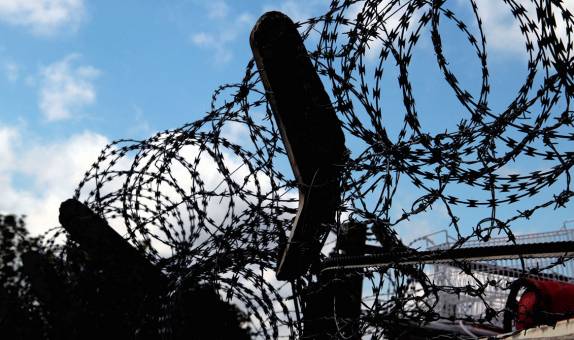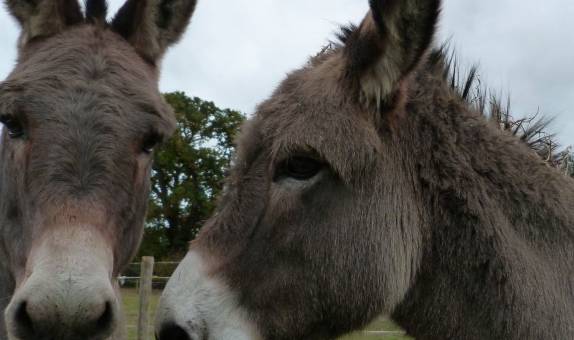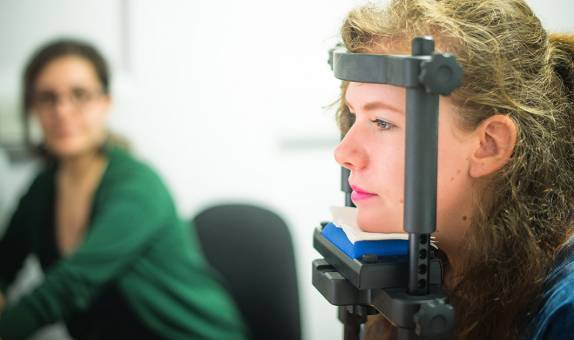Crime and social justice research
The crime and social justice research group draws on a range of inter-disciplinary areas to explore and drive forward critical understandings of crime and social justice. Members of the group have a reputation for delivering high quality and real life impact research across a broad range of areas. These areas include:
- critical postcolonial and decolonial perspectives on criminal justice
- cybercrime
- environmental crime and harms to the nonhuman
- gender and crime
- harms to the self
- human rights and the law
- policing and securities
- neighbourhood policing
- prisoner education and resettlement
- religion, race and domestic abuse
- resettlement, religion and Christianity
- sexual violence and victimisation
- male sex work
- transphobic hate crime
- welfare practices
- youth justice.
Our research aims to become a key driver of knowledge exchange and information sharing between academics, practitioners, activists and policy-makers and to have real life impact for those who engage with the criminal justice system.
Crime and social justice members contribute to the Criminology MA.
Members
Staff
PhD students
Muhammad Islam
Ben Colliver
Current research
- Gender and the place of girls in gangs and the role of Christian resettlement prison chaplains in supporting ex-offenders in the community.
- The 'custody-treatment dilemma' and 'role-conflict' through a focus on the day-to-day interactions between prison staff and offenders, with a particular focus on examining prison staff reactions where offenders report experiencing some kind of pain.
- The politics of protection, public and private, and its relation to competing configurations of gender and vulnerability. Gender, sexuality, victimisation, sex work and sexual violence.
- Policing and organisational culture, both historical and contemporary.
- Women ex-prisoners' experiences of prison based education (PBE) through their reflections with a specific focus on what role prison based education plays in changed identities and what value is afforded to PBE in the context of the women's resettlement.
- Neighbourhood policing, practices and understandings of wearing the uniform, discussions around symbolic contamination and gendered experiences within policing.
- Green criminology - including the study of environmental laws and criminality, crimes affecting the environment and the nonhuman, environmental harms, anthropocentric notions of criminal justice and how systems can offer ecological justice and species justice.
- Critical, postcolonial, decolonial perspectives on criminal justice, penal law, human rights and vulnerability in the British Commonwealth.
- Crimes against the self, with a particular focus on the archetypal structures on such crimes and how they relate to the moral judgments placed on them
Collaborators, Links and Affiliations
- British Society of Criminology
- British Sociological Association
- Male Sexual Violation Research Networking Group based at Anglia Ruskin University, Cambridge
- Oxford Centre for Animal Ethics
- Survivors UK








